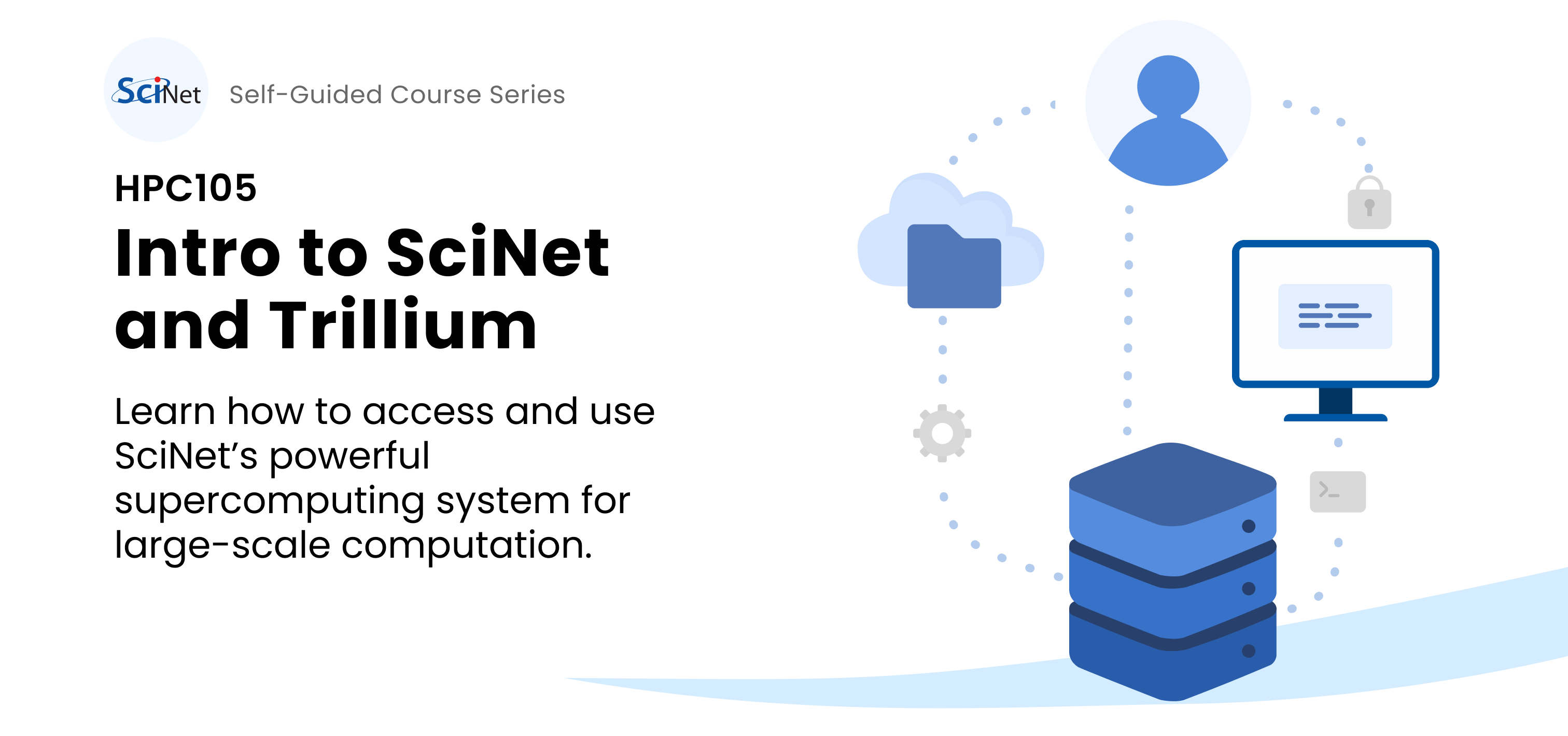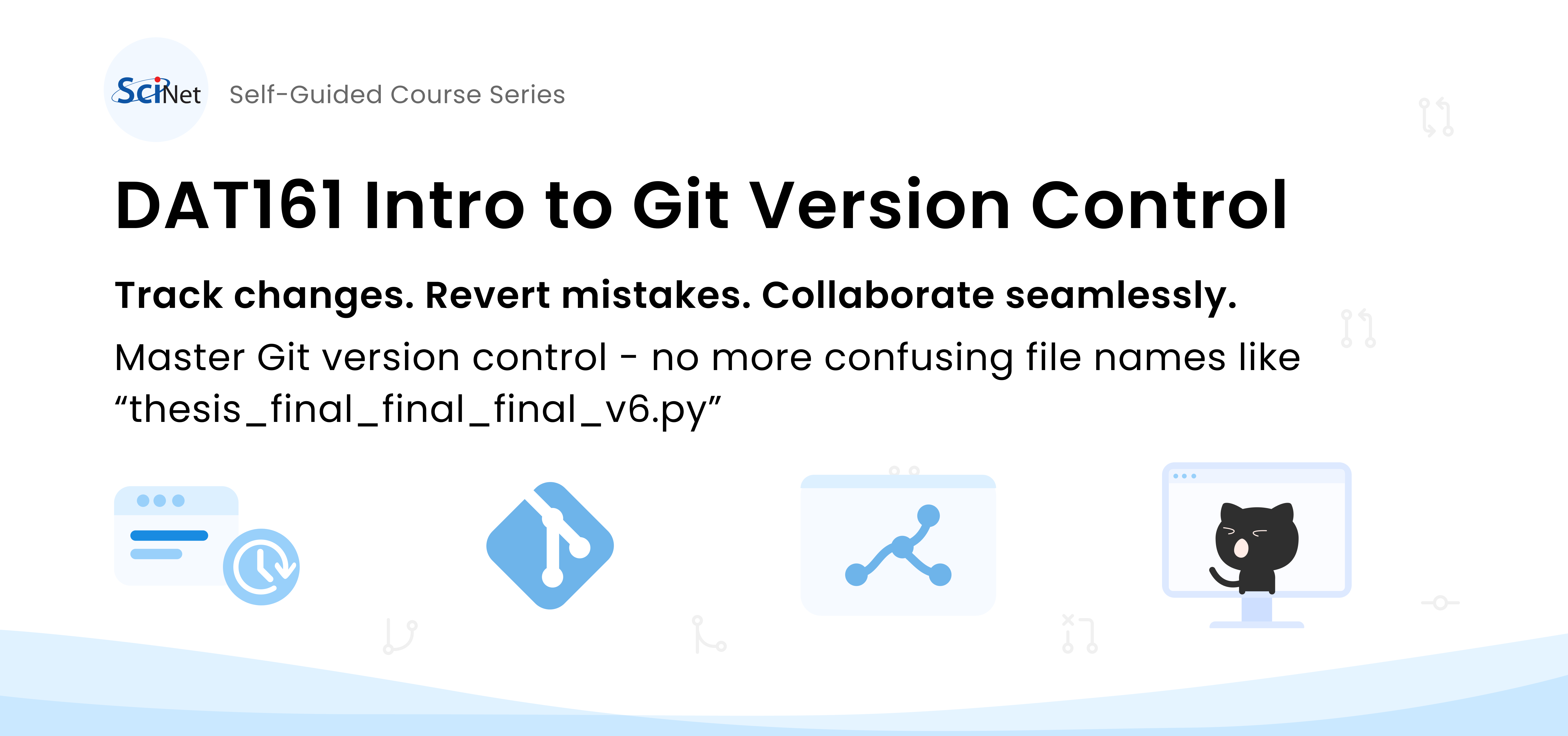|
Aucun événement, dimanche 1 février
1
Aucun événement, dimanche 1 février
1
|
Aucun événement, lundi 2 février
2
Aucun événement, lundi 2 février
2
|
Aucun événement, mardi 3 février
3
Aucun événement, mardi 3 février
3
|
Aucun événement, mercredi 4 février
4
Aucun événement, mercredi 4 février
4
|
Aucun événement, jeudi 5 février
5
Aucun événement, jeudi 5 février
5
|
Aucun événement, vendredi 6 février
6
Aucun événement, vendredi 6 février
6
|
Aucun événement, samedi 7 février
7
Aucun événement, samedi 7 février
7
|
|
Aucun événement, dimanche 8 février
8
Aucun événement, dimanche 8 février
8
|
Aucun événement, lundi 9 février
9
Aucun événement, lundi 9 février
9
|
Aucun événement, mardi 10 février
10
Aucun événement, mardi 10 février
10
|
Aucun événement, mercredi 11 février
11
Aucun événement, mercredi 11 février
11
|
Aucun événement, jeudi 12 février
12
Aucun événement, jeudi 12 février
12
|
Aucun événement, vendredi 13 février
13
Aucun événement, vendredi 13 février
13
|
Aucun événement, samedi 14 février
14
Aucun événement, samedi 14 février
14
|
|
Aucun événement, dimanche 15 février
15
Aucun événement, dimanche 15 février
15
|
Aucun événement, lundi 16 février
16
Aucun événement, lundi 16 février
16
|
Aucun événement, mardi 17 février
17
Aucun événement, mardi 17 février
17
|
Aucun événement, mercredi 18 février
18
Aucun événement, mercredi 18 février
18
|
Aucun événement, jeudi 19 février
19
Aucun événement, jeudi 19 février
19
|
Aucun événement, vendredi 20 février
20
Aucun événement, vendredi 20 février
20
|
Aucun événement, samedi 21 février
21
Aucun événement, samedi 21 février
21
|
|
Aucun événement, dimanche 22 février
22
Aucun événement, dimanche 22 février
22
|
Aucun événement, lundi 23 février
23
Aucun événement, lundi 23 février
23
|
Aucun événement, mardi 24 février
24
Aucun événement, mardi 24 février
24
|
Aucun événement, mercredi 25 février
25
Aucun événement, mercredi 25 février
25
|
Aucun événement, jeudi 26 février
26
Aucun événement, jeudi 26 février
26
|
Aucun événement, vendredi 27 février
27
Aucun événement, vendredi 27 février
27
|
Aucun événement, samedi 28 février
28
Aucun événement, samedi 28 février
28
|



